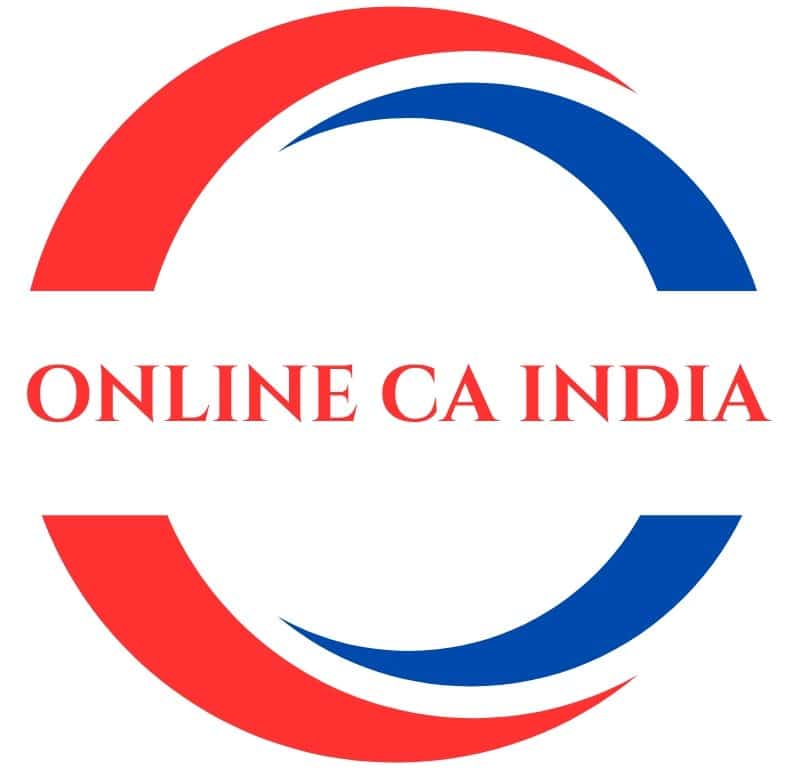Trademark Registration
Why Should You Register Your Trademark?

Who can Apply for Trademark Registration Online?
Trademark registration in India is open to a wide range of entities and individuals, including:
- Individuals
- Joint owners of a company
- Proprietorship firms
- Partnership firms (with a maximum of ten partners)
- Limited Liability Partnerships (LLPs)
- Indian companies
- Foreign companies
- Trusts
- Societies
This inclusivity ensures that various businesses and entities can safeguard their brand identities through trademark registration online.
Types of Trademark Registrations in India
In India, various trademark registrations or brand name registrations cater to different needs and purposes, all aimed at enabling consumers to recognize products and services associated with specific manufacturers or service providers. Here, we delve into the distinct categories of trademark registrations available:
Product Mark
This type of trademark is affixed to goods or products, aiding in identifying their origin and preserving a company’s reputation. Trademark applications falling under classes 1-34 are typically classified as product marks as they pertain to tangible commodities.
Service Mark
Similar to a product mark, a service mark is used to identify services rather than physical products. Service marks primarily help differentiate the providers of certain services from others. Trademark applications falling under classes 35-45 are often regarded as service marks related to service offerings.
Collective Mark
A collective mark conveys specific characteristics of products or services associated with a particular group. It allows individuals or entities to protect and represent goods and services collectively. The trademark holder may be an association, a public institution, or a Section 8 corporation.
Certification Mark
The owner issues these marks to indicate information about a product’s origin, composition, quality, or other pertinent data. Certification marks establish product standards and assure consumers that the product meets standardized quality benchmarks. They are commonly found in packaged goods, toys, and electronics.
Shape Mark
Shape marks are employed to secure the distinct shape of a product, making it easily recognizable to consumers as originating from a specific manufacturer. Registration is contingent on the shape being deemed distinctive.
Pattern Mark
Pattern marks are used for products featuring unique, designed patterns that serve as distinguishing features. To qualify for registration, these patterns must stand out as distinctly recognizable.
Sound Mark
Sound marks are distinctive sounds associated with products or services from suppliers. Sound logos, often known as audio mnemonics, are commonly heard at the beginning or end of commercials. An example in India is the IPL tune.
These diverse categories of trademark registrations like logo trademark registration offer businesses and entities the flexibility to protect their brand identity following their unique offerings and market presence.
Choosing the Correct Trademark Class
Trademark classes are a critical aspect of the registration process, as they categorize goods and services into 45 distinct classes. The careful selection of the appropriate class is paramount because it determines the validity of your trademark registration online concerning your business’s products or services. If your company operates across various areas falling into different classes, it’s crucial to ensure that you apply for a trademark under all the relevant classes.
In India, some commonly chosen trademark classes include:
- Class 9: Encompassing computer software and electronics
- Class 25: Covering clothing
- Class 35: About business management and advertising
- Class 41: Related to education and entertainment
Required Documents & Details for Online Trademark Registration
To initiate the online trademark registration process in India, you will need to furnish the following initial details:
- Applicant’s Name: The name of the individual, company, or entity applying for the trademark registration.
- Business Type: Specify the type of business entity, such as sole proprietorship, partnership, private limited company, etc.
- Business Objectives: Provide a brief description of your business objectives or activities.
- Brand/Logo/Slogan Name: Clearly mention the name, logo, or slogan that you intend to trademark.
- Registration Address: Furnish the official address of the entity applying for the trademark.

